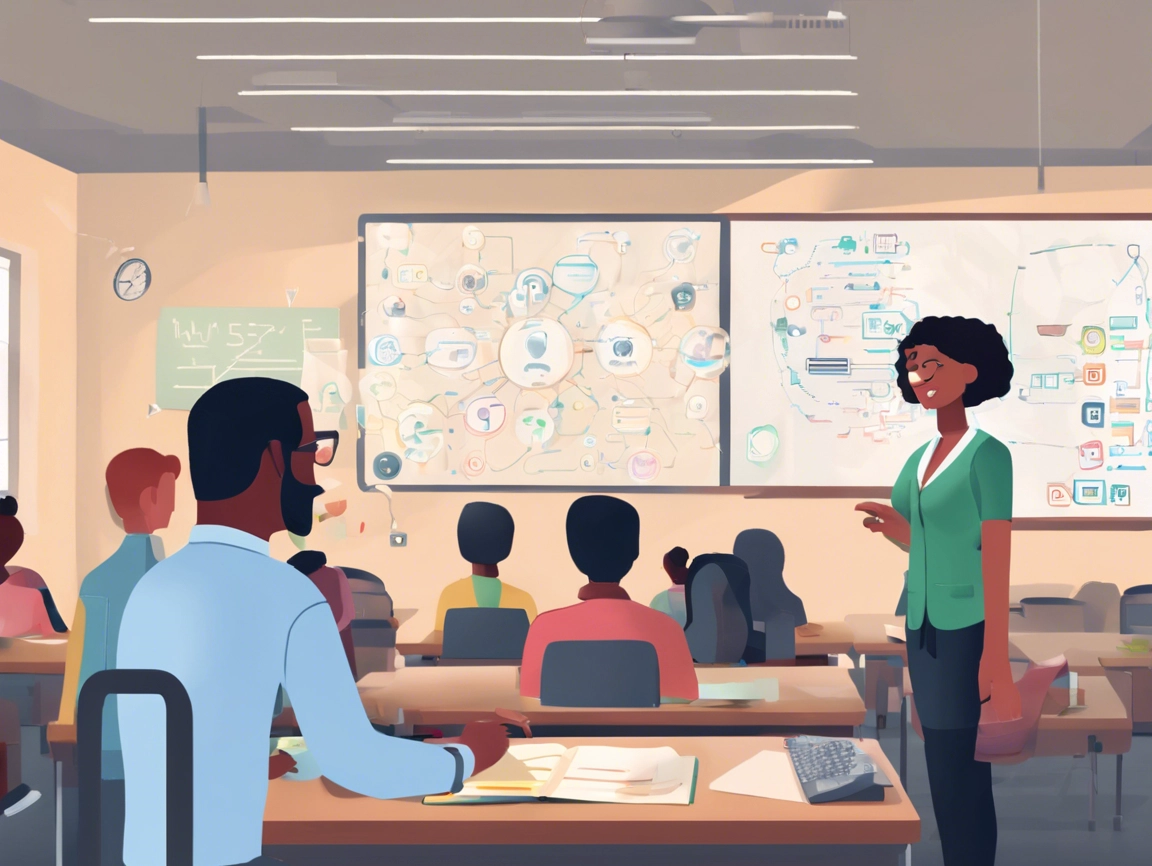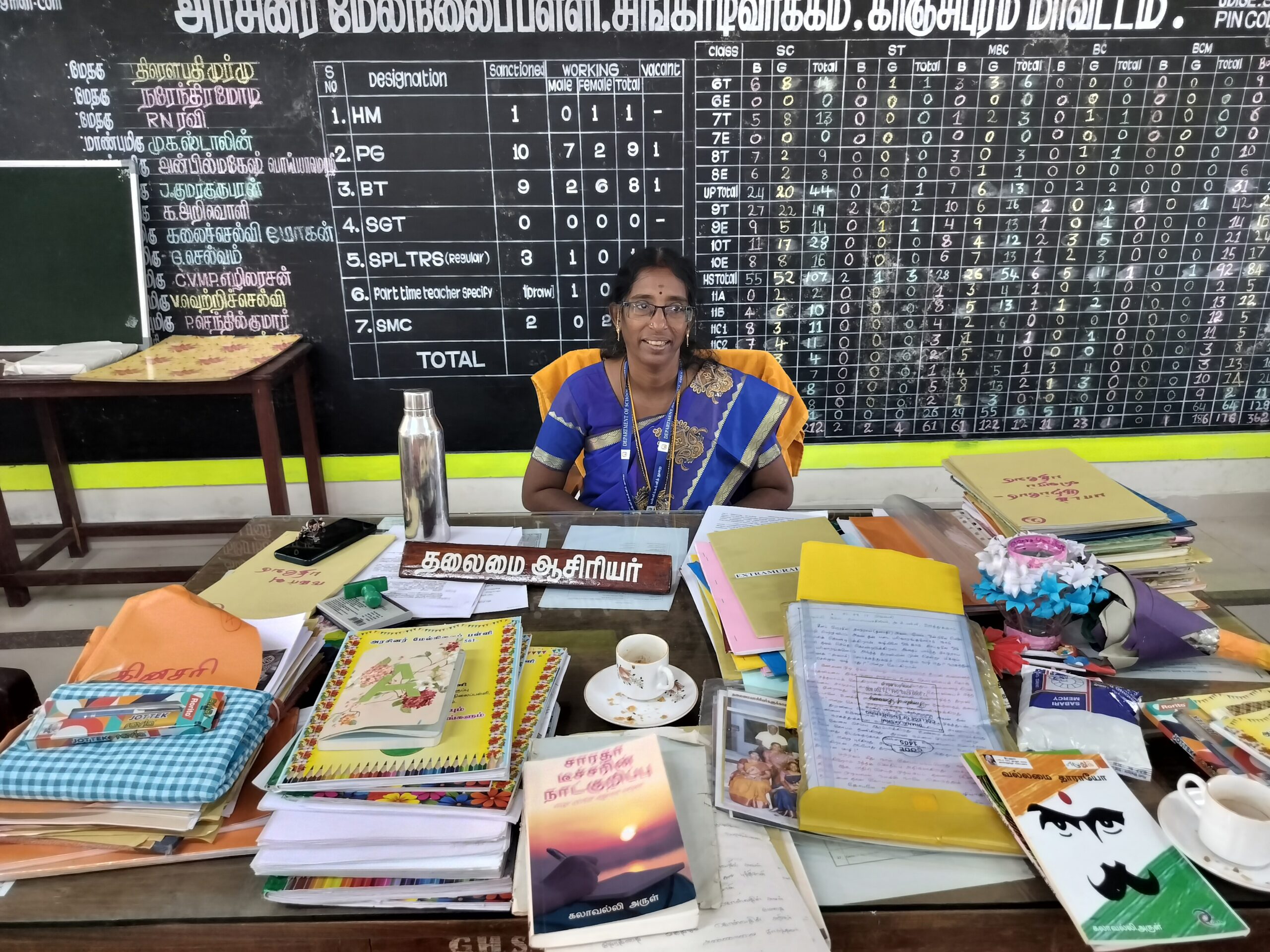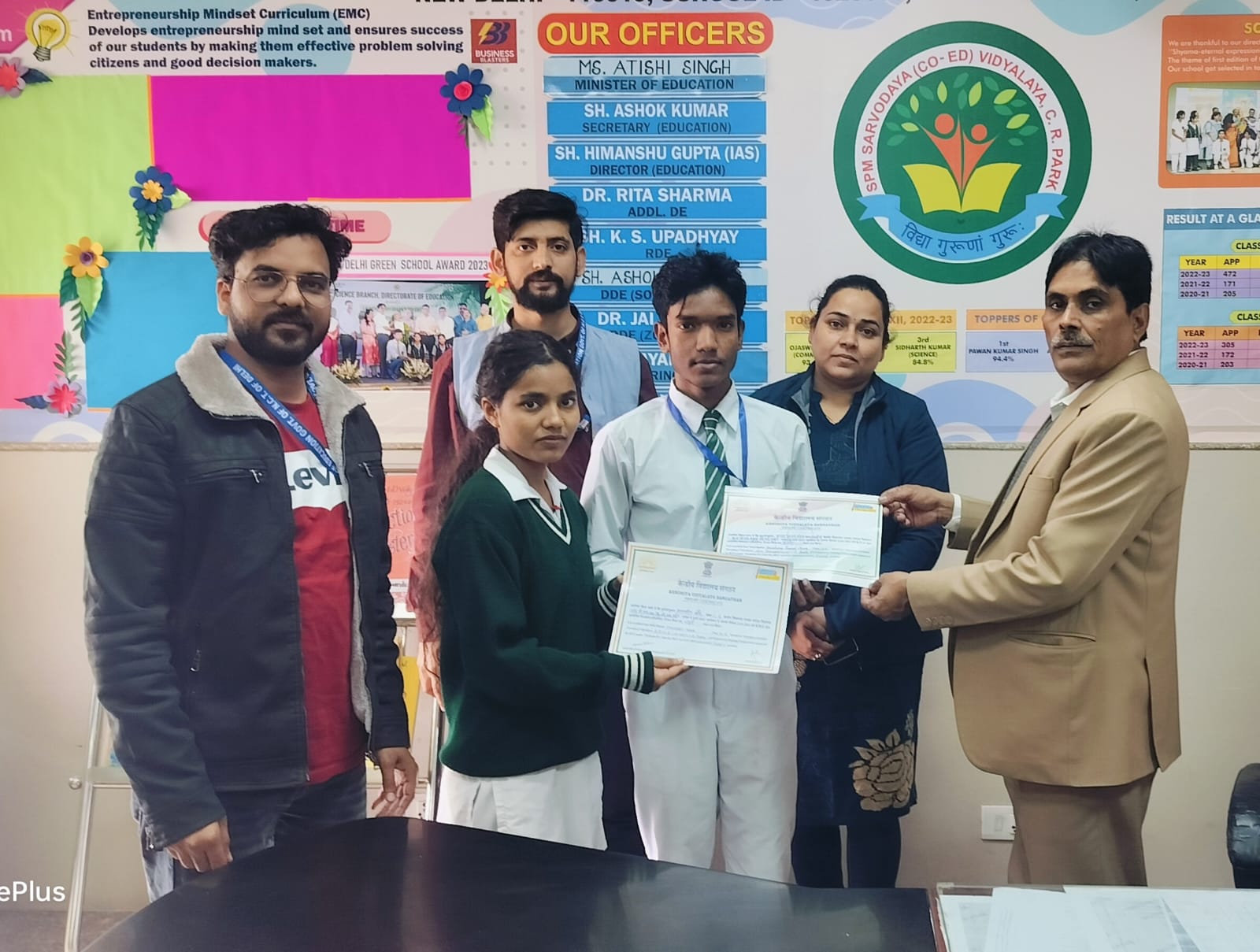Unlocking the Full Potential: Why Organic Growth is the Key to Programme Success
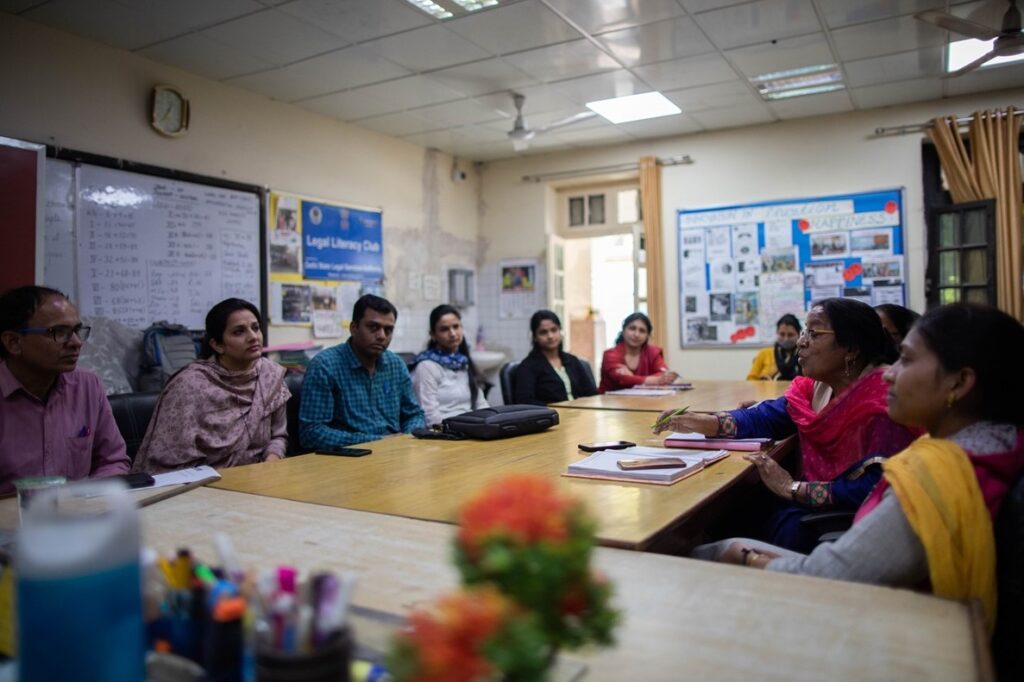
The school education system in Delhi has undergone revolutionary changes over the past decade. Multiple initiatives have resulted in this extraordinary transformation. Crucial among them is the Teacher Development Coordinator (TDC) Programme launched in 2017. Centre for Intrinsic Motivation is a knowledge partner working closely with SCERT, DoE and DIET in implementing the TDC programme. It is an intervention aimed to build a more efficient, updated and intrinsically motivated teaching force in the system. The programme is structured at multiple levels, involving stakeholders from SCERT to schools who attend workshops, training sessions, mentorship programs, and more. The TDC programme is widely appreciated and lauded for its impact among teachers in Delhi.
As part of the programme, a team at the state level designs the material for a period of 3-4 months by focusing on a particular theme (e.g. check for understanding) based on the needs of teachers at that time. The materials created at the state level meetings are transferred down to each level until it reaches the Academic Resource Team (ART) meetings at the school level. ART meetings are instrumental in introducing the pedagogical focus to the teachers in each school. ART meetings are a chance for teachers to share their plans, challenges, successes and failures, and learn from each other. As per programme design, these meetings were attended only by the secondary teachers. But there are certain schools in Delhi which run both primary and secondary classes.
There is a Primary Incharge (PI) in each of those schools where there are primary and secondary classes. Recently, in some schools, the TDC started inviting the PI to the ART meetings. The PIs and other primary teachers who have observed the changes among secondary teachers and classrooms happily volunteered to be part of the ART meetings. The PI attends the ART meeting alone or brings one or two primary teachers with them in the ART meeting as per the size of the school and engages in the meeting to understand the content of the ART meeting and discuss the challenges and possible solutions. Post attending ART Meeting, the PI through the TDCs support conduct Co-ART meetings with other primary class teachers. This step fosters collaboration and peer learning within the primary classes, encouraging a supportive and growth-oriented culture among teachers. These Co-ART meetings serve as platforms to address subject-specific challenges and explore innovative teaching approaches.
Mr. Sumit, the PI of Government Boys School No.1, Jama Masjid started attending the ART meetings after being curious about the entire TDC programme. He was warmly welcomed for his intrinsic motivation by the secondary teachers. In a few months, he was able to introduce major pedagogical changes in his classrooms. He ensures students feel safe, engaged, and feel good about being in the school. He also collaborates with the other teachers of the primary classes in his school to create a better learning environment.
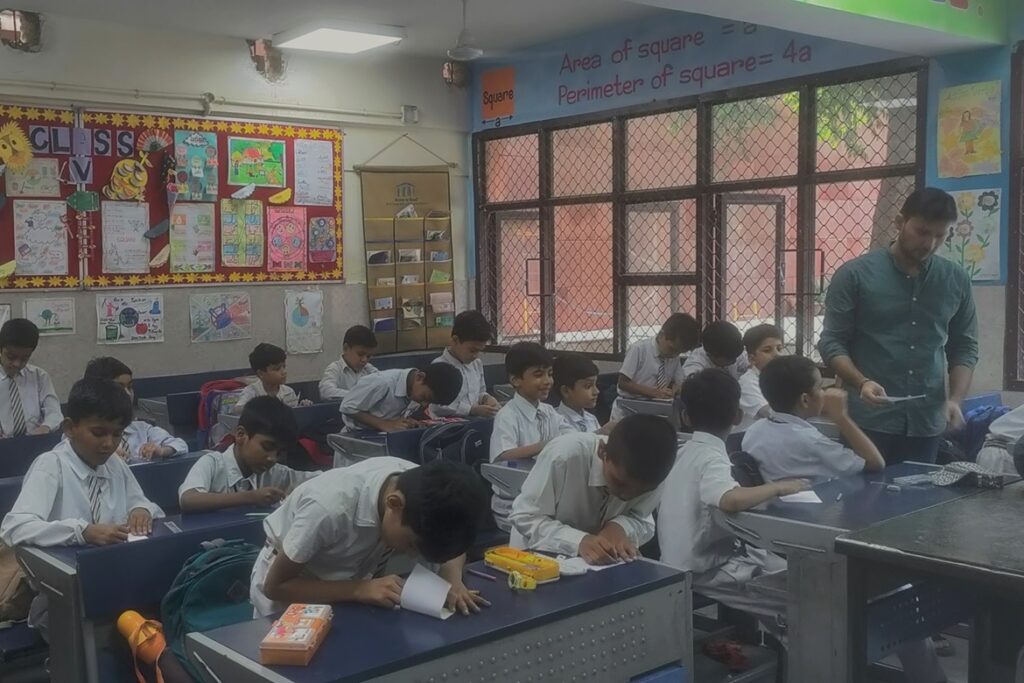
Inspired by the changes introduced by Mr. Sumit, Ms. Kajal adopted some of the practices into her nursery classroom to ensure that the tiny tots feel safe, happy, and engaged throughout the day. Ms. Shalini, another Kindergarten teacher of Sarvodaya Bal Vidyalaya, Pataudi house has a similar story to tell. Peer collaboration in her school among the ART and PIs has introduced her to novel teaching practices which she implements in her classroom.
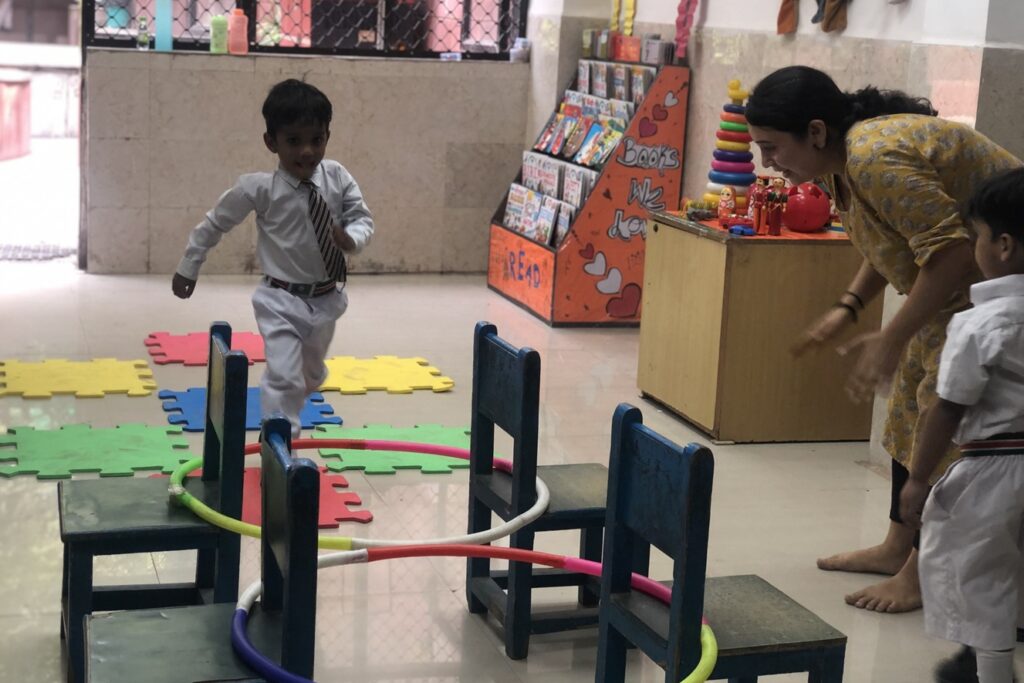
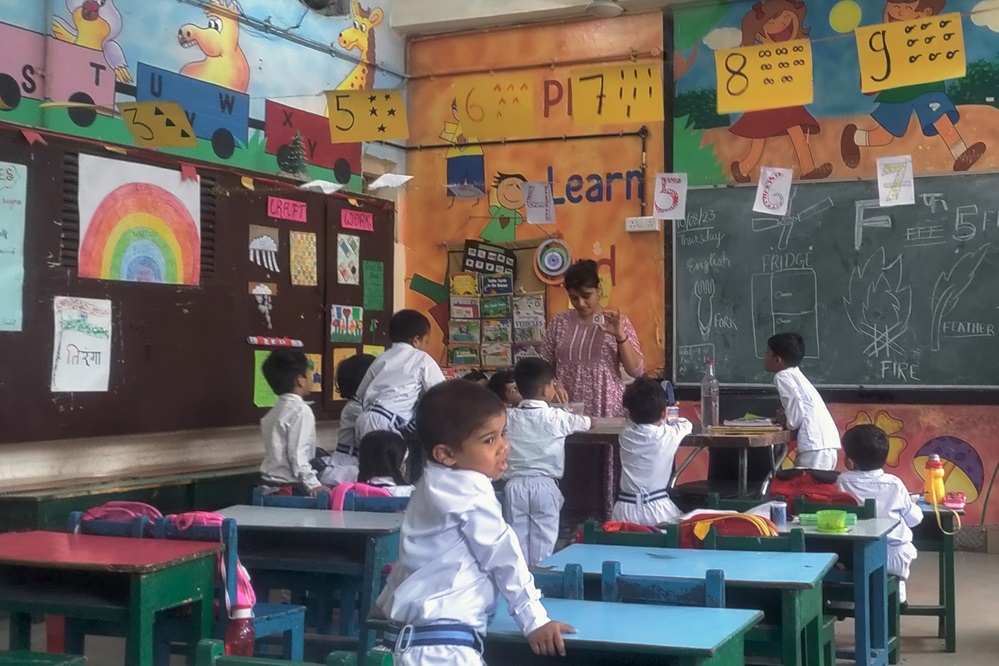
These stories underscore the significance of peer learning and collaboration in enriching the learning experience. Before attending the ART meetings, the PIs and other teachers of the primary sections had no scope of collaboration with other teachers at the school level. They worked in isolation and followed the traditional teaching practices which often seemed inefficient for younger minds.
This initiative of involving PIs was not by any government order or programme design. It was a voluntary effort by the TDCs and PIs. It underlines the success of the TDC programme and also the organic expansion of its effects. It also exhibits the intrinsic motivation we want to see in our teachers.
The TDC program’s effectiveness lies in the collective efforts of educators coming together to enhance teaching practices and foster peer learning. By involving PIs and primary class teachers in ART and Co-ART meetings, the program unlocks the potential for greater intrinsic motivation among teachers.

